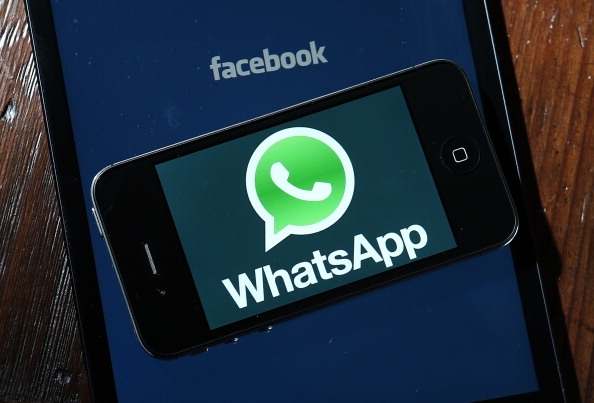WhatsApp, Gmail ‘Evolve’ To Give Better Mobile Experience As Account Users Hit 1 Billion

WhatsApp and Gmail account users have hit the one billion mark.
The two widely-popular applications have now joined an elite club which includes industry leaders Facebook and Google, according to IT ProPortal.
Both apps achieved the milestone in January of this year, although one took a little longer than the other to accomplish the impressive feat.
Rolled out nearly 12 years ago, Gmail beta was initially accessible through invites and was only made available to the general public three years later.
The email service in fact had one of the longest beta testing phases for such applications, which ran until 2009.
WhatsApp, on the other hand, developed more quickly after it was released just six years ago.
Today, the one billion WhatsApp and Gmail account users are accessing the services through their mobile devices, which have become an extension of their laptops and PCs.
Google CEO Sundar Pichai recently took to his Twitter account to share the news on Gmail's landmark accomplishment, as he also thanked users for their continued support, reported Tech Times.
"Thanks a billion for helping us make Gmail better and better!" Pichai tweeted.
Gmail joins other Google applications that have also breached the one billion user mark which include YouTube, Chrome, Android, Play, Search and Maps.
Since the explosion of mobile apps for iOS and Android, the use of WhatsApp and Gmail as the services of choice among smartphone account users has been nothing short of phenomenal.
As a strategy to meet the ever-growing demands of its clients, Gmail introduced enhancements in its filtering process, while developing an improved system to sort emails.
In 2014, Google launched a new feature called Inbox, which made it possible for Gmail users to achieve "Inbox Zero" by bypassing bogus emails.
A year after, the company released its "Smart Ready" feature for Gmail, allowing users to send auto-generated suggested messages.
In the meantime, Facebook's decision to acquire WhatsApp for $19 billion has certainly paid huge dividends for the tech giant, Wired revealed.
Although the mobile app remains unpopular in the United States, it has become a major hit in Europe and South America, as well as in developing countries such Africa and India.
WhatsApp has become a cost-efficient way of sending and receiving messages, images, and video, as the app does away with steep texting fees paid to local wireless providers.
The smartphone application also provides a viable alternative to social networks like Facebook in places such as India where mobile infrastructure is still undeveloped.
With these developments, WhatsApp and Gmail account users are expected to become more productive, while enjoying an enhanced mobile experience.



